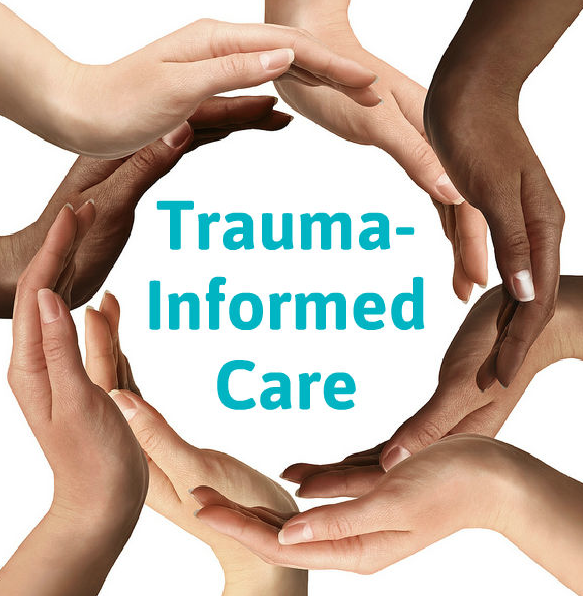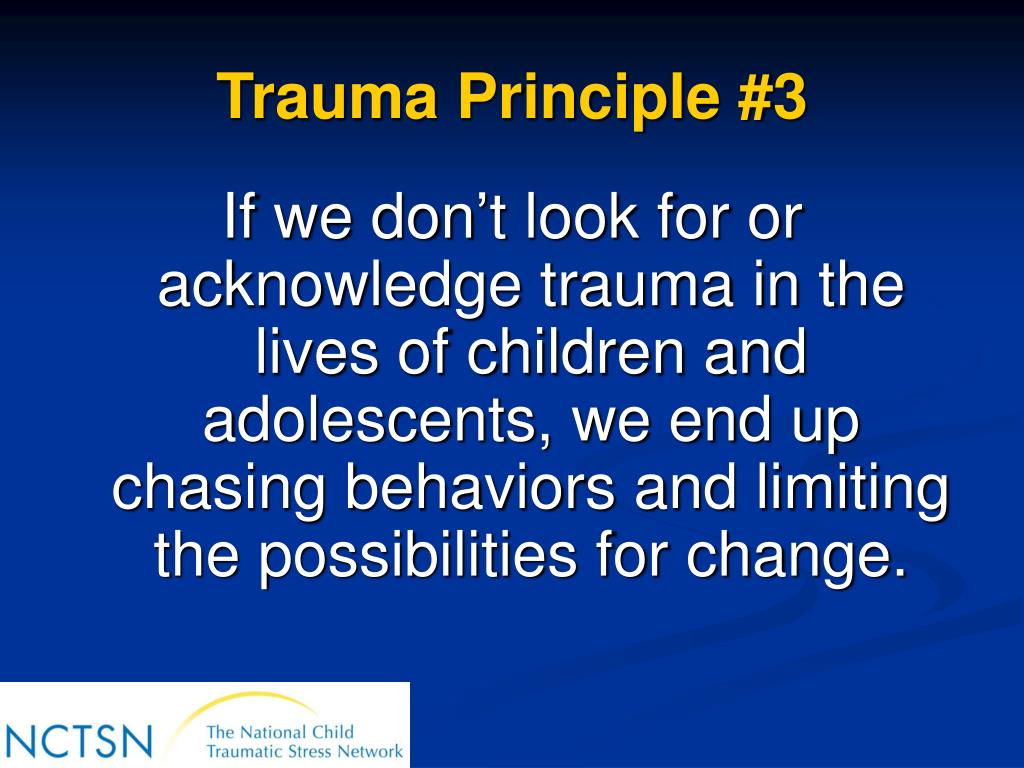
Crossover Assessment of Intraoral and Cuffed Ventilation by Emergency Responders. We illustrate how guiding principles manifest in MT sessions, describe frames for phases of intervention, discuss prerequisites and present hypothesized mechanisms of change. McCrory B, Lowndes BR, Thompson DL, Wadman MC, Sztajnkrycer MD, Walker R, Lomneth CS, Hallbeck MS. Airway management in inhalation injury: a case series.

Emergency department management of smoke inhalation injury in adults.

Correlation Between the Revised Trauma Score and Injury Severity Score: Implications for Prehospital Trauma Triage. Galvagno SM, Massey M, Bouzat P, Vesselinov R, Levy MJ, Millin MG, Stein DM, Scalea TM, Hirshon JM. Comorbidities, anticoagulants, and geriatric-specific physiology for the field triage of injured older adults. Newgard CD, Lin A, Eckstrom E, Caughey A, Malveau S, Griffiths D, Zive D, Bulger E. Trauma care principles will highlight the fundamental skills of ATLS and provide its readers with essential knowledge that providers can implement immediately.Ĭopyright © 2023, StatPearls Publishing LLC. ATLS acts as a tool to cognitively off-load these distractions and gives the provider more time to analyze their patients and communicate more effectively with their team. Because of the time-sensitive nature of these cases, added stressors, such as a provider’s limited knowledge of the patient’s mechanism of injury or history, can be overwhelming. The advantage of ATLS is made evident during moments of stress. This streamlines the assessment and treatment of every patient, allowing them to receive definitive care faster and improve their outcomes. The utilization of these surveys and the skills that accompany them allow all interprofessional team members to treat patients under one standardized method and communicate using one common language. Above all else, the guiding principles of ATLS are both the primary and secondary surveys. For providers, ATLS forms the framework used in the assessment and treatment of patients who suffer traumatic injuries. As health care providers grow aware of trauma’s impact, they are realizing the value of trauma-informed approaches to care. The Five Guiding Principles are safety, choice, collaboration, trustworthiness, and empowerment.In 2018, the American College of Surgeons and its Committee on Trauma released the Tenth Edition of the Advanced Trauma Life Support (ATLS) course. Patients may gain an understanding of how their experiences have a direct relationship to their. At Divine Intervention Recovery Center, we put our best foot forward in managing these concerns by utilizing the Five Principles of Trauma Informed Care. Education about the impact of trauma is fundamental to inquiry. Individuals who have a history of complex trauma (multiple traumatic experiences) are less likely to have the desire to engage in a treatment program as a direct result of difficulty with trusting others. Re-traumatization is a significant concern and an important area of consideration for the implementation of an intervention. On the other hand, there are less obvious triggers to past painful experiences such as familiar smells, sounds, or bodily sensations. There are some “obvious” practices that could be re-traumatizing such as the use of restraints, isolation, and a confrontational approach.

Re-traumatization is often unintentional. Re-traumatization is any situation or environment that resembles one’s trauma experience both literally or symbolically and triggers difficult feelings or body sensations that may induce an internal or external behavioral response to keep him or herself safe. In trauma-informed services, trauma survivors are seen as unique individuals who have experienced extremely abnormal situations and have managed as best. The intention of Trauma-Informed Care is not to treat symptoms or issues related to sexual, physical, or emotional abuse or any other form of trauma but rather to provide support services in a way that is easily available and appropriate to all who walk through the doors of Divine Intervention Recovery Center. At Divine Intervention Recovery Center, we assure a safe environment for our clients by providing trauma trainings for all staff, no matter their level of education or their role within the company. Trauma-Informed Care is essential to providing a safe space for clients to heal. On an organizational level, Trauma-Informed Care creates a culture to emphasize appropriately responding to the effects of trauma on our clients. Trauma-Informed Care recognizes trauma symptoms and acknowledges the impact of trauma in an individual’s life and train staff accordingly. Trauma-Informed Care (TIC) is an approach in the behavioral health field that assumes that one is more likely than not to have experienced trauma within their lifetime.


 0 kommentar(er)
0 kommentar(er)
